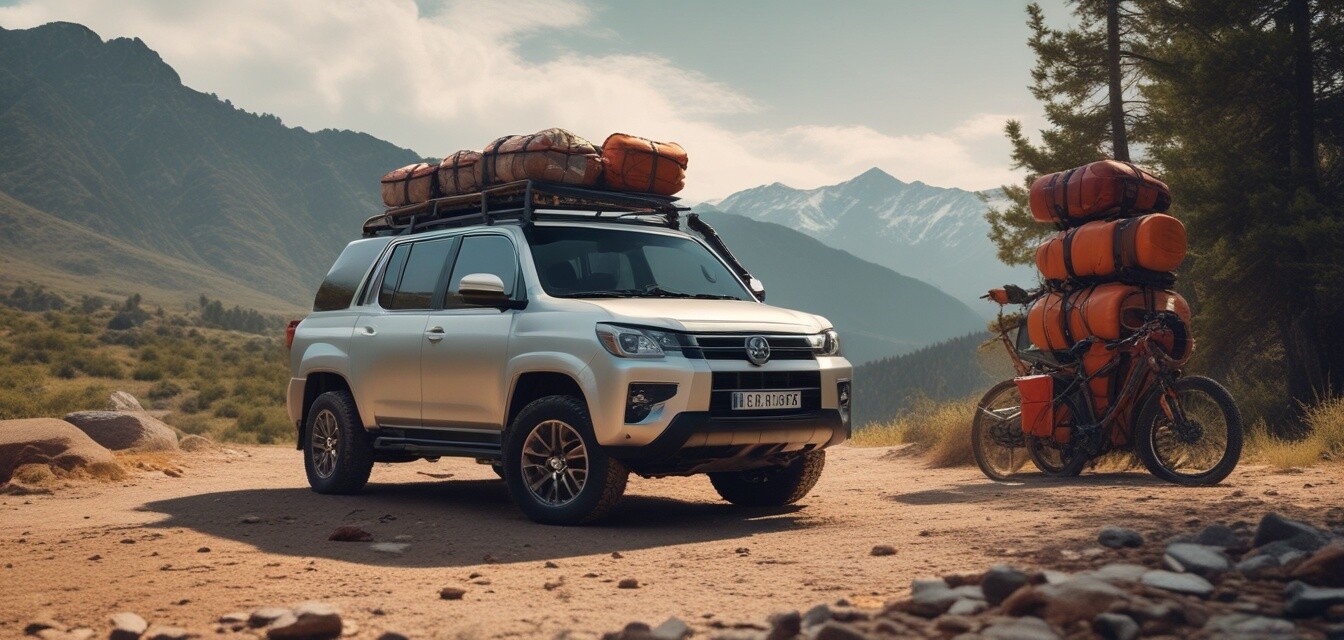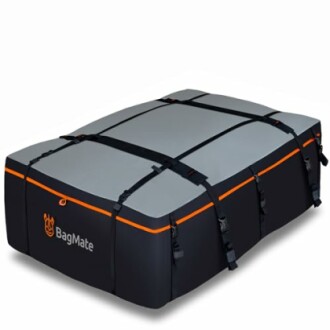
Factors to Consider When Choosing a Roof Rack
- Understanding vehicle compatibility is crucial for roof rack installation.
- Consider different rack styles based on your needs, whether it’s for cargo, bikes, or kayaks.
- Material and durability of the rack will affect its longevity and performance.
- Proper installation and weight capacity must be evaluated for safety.
- Explore versatile options that offer easy storage and transport solutions.
Choosing the right roof rack for your vehicle is essential if you plan to transport gear or luggage regularly. Roof racks can enhance your vehicle's versatility, allowing you to carry everything from bikes to luggage carriers. This guide will highlight key factors to consider before making a purchase.
1. Vehicle Compatibility
Understanding whether the roof rack fits your vehicle is the first step. Different cars and SUVs have varying roof styles and load capacities. Here are some compatibility aspects to keep in mind:
- Roof Type: Check if your roof is bare, has side rails, or is equipped with crossbars.
- Weight Limit: Review your vehicle's roof load capacity for safe transportation.
- Installation Process: Make sure the installation is straightforward, possibly requiring additional tools or support.
2. Rack Type
There are several types of roof racks to cater to different needs:
| Rack Type | Ideal Use | Key Features |
|---|---|---|
| Crossbars | General cargo carrying | Sturdy and adaptable design |
| Bike Racks | Bikes | Specialized clamps and secure hold |
| Kayak Racks | Kayaks and canoes | Soft or hard-shell options available |
| Cargo Boxes | Luggage storage | Aerodynamic and secure |
3. Material and Durability
The construction material of the roof rack can significantly affect its durability and performance:
- Aluminum: Lightweight and rust-resistant but may be less durable under heavy loads.
- Steel: Very strong and durable but heavier, which can affect fuel efficiency.
- Plastic Components: Can reduce rust but might wear out more quickly.
4. Installation and Weight Capacity
A roof rack should be easy to install and capable of supporting the intended load:
- Review the installation instructions provided by the manufacturer.
- Ensure it can easily hold your anticipated cargo without exceeding the vehicle limit.
- Utilize a torque wrench for tightness to prevent accidents on the road.
5. Storage and Versatility
Some roof racks provide additional features that enhance their overall utility:
- Folding Mechanisms: For easy storage when not in use.
- Modular Systems: Allow for easy swaps between different configurations.
Recommended Product: Heavy-Duty Waterproof Roof Bag
Heavy-Duty Waterproof Roof Bag
The 23 cubic feet roof bag accommodates up to 8 suitcases, built for all weather conditions with military-grade fabric.
Learn MoreAdditional Factors
Besides the basics, consider these optional yet important elements:
- Noise Levels: Some racks can be noisy while driving at higher speeds.
- Brand Reputation: Look for reliable brands with positive customer reviews.
- Warranty Options: Ensure the product comes with a warranty to cover potential defects.
Conclusion
Choosing a roof rack involves several critical factors including compatibility, style, durability, and weight capacity. By considering these aspects, you can find the ideal solution to enhance your vehicle's carrying capabilities. For more detailed information on different rack types, visit our dedicated resources on Roof Racks and Boxes and Cargo Racks.

